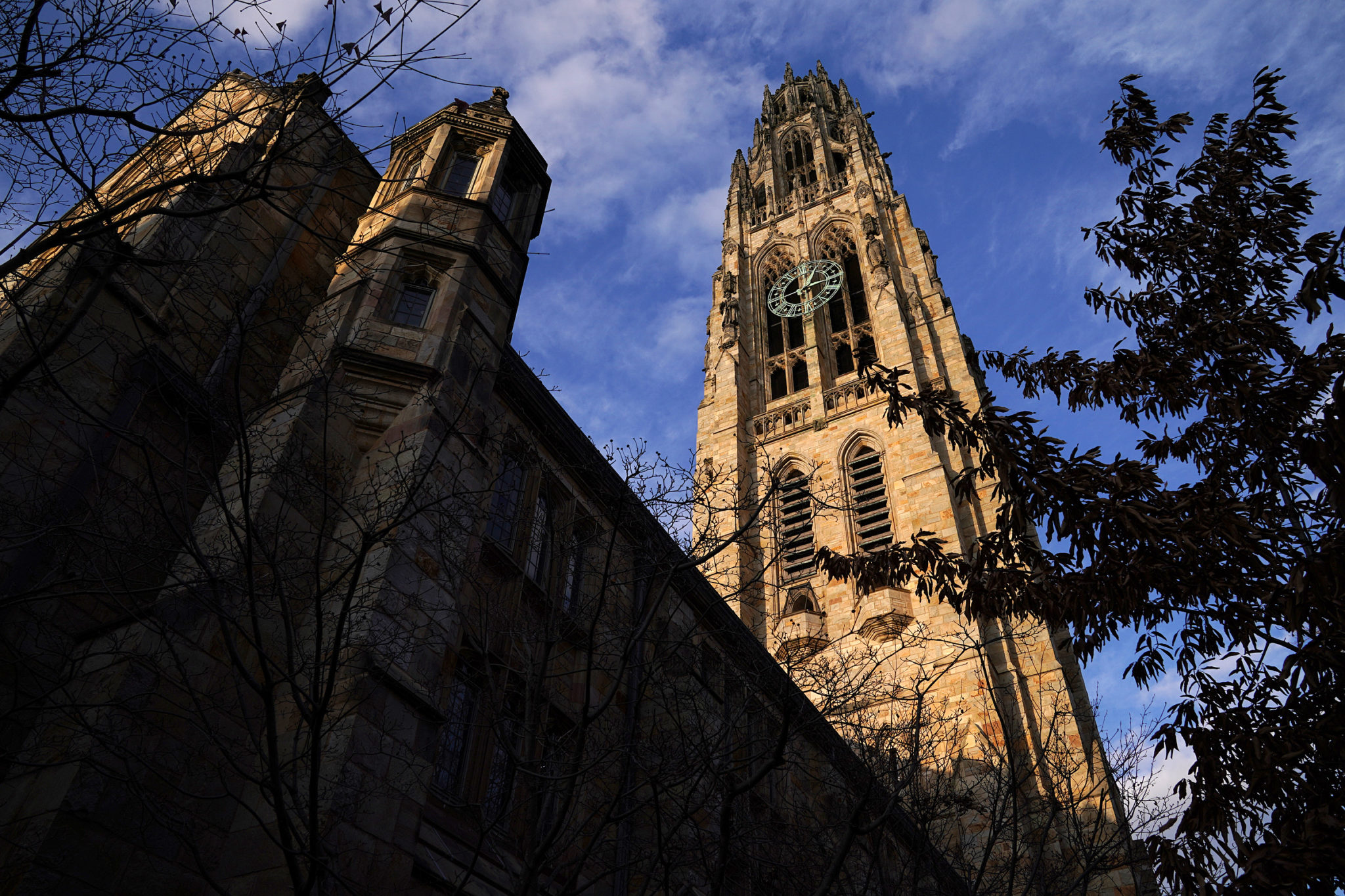Yale submits response to antitrust suit
Defendants in the 568 Presidents Group antitrust case filed a motion to stay the discovery process.

Tim Tai, Staff Photographer
Yale and the other defendants in the 568 Presidents Group antitrust lawsuit have filed their first response to the allegation that the group has illegally colluded in its sharing of financial aid formulas.
The 17 universities are set to file a motion to dismiss the case altogether. In the meantime, they have filed a motion to postpone the discovery process — during which the schools would have to turn over relevant documents pertaining to their collaboration and their financial aid calculations — pending the court’s decision on the “forthcoming” motion to dismiss. The motion to postpone the discovery process cites disproportionate cost burdens, student privacy rights, the four-year antitrust statute of limitations and the plaintiff’s allegedly “legally untenable” definition of “need-blind.”
“One of the purposes of the Section 568 exemption” — a legal exception that allows colleges to collaborate on financial aid formulas so long as they are need-blind — “is to allow colleges and universities to increase access to needy students without fear of litigation,” the motion reads. “Numerous courts have found that, in expansive antitrust class actions like this one, defendants should not be subjected to the significant burden and expense of discovery before the resolution of a motion to dismiss.”
According to Georgetown Law School professor Howard Shelanski, it is “typical procedure” to file a motion like this. Antitrust discovery stays are often granted, he added.
Shelanski, who is a former faculty member at the Yale School of Management and former director of the bureau of economics at the Federal Trade Commission, explained the theory behind the move.
“It slows down the case of the early phase of the lawsuit,” he said. “What the plaintiffs want to do is get as much information as they can to apply the maximum pressure that they can as early as they can. What the defendants are saying is let’s hit pause and let’s deal with some of the legal issues upfront.”
John Lopatka, a professor at Penn State Law School, said that avoiding the cost of discovery until legally necessary is “a legitimate objective” because of the extreme expenses that fall on the defendants.
The Family Educational Rights and Privacy Act, or FERPA, safeguards student privacy. Lopatka and the defendants’ motion both noted that if discovery was to proceed, maintaining educational privacy while investigating individual financial aid records would be a complicated process.
Both Lopatka and the defendants also emphasized the typical four-year statute of limitations for damages in antitrust litigations. Lopatka explained that the courts could bar the discovery into financial aid actions that occurred more than four years ago.
“The schools have a strong argument to suspend discovery until their forthcoming motion to dismiss is resolved,” Lopatka wrote in an email to the News. “Conversely, the burden on plaintiffs of delaying discovery does not seem particularly great, though they may have an argument that is not obvious to me. … The benefits of a delay seem to outweigh the costs.”
Shelanski concurred and said that the defendants “seem to have a very strong chance” of the stay being approved.
The plaintiffs initially accused Columbia University, Dartmouth College, Duke University, Georgetown University, the Massachusetts Institute of Technology, Northwestern University, Notre Dame University, the University of Pennsylvania and Vanderbilt University of practicing need-conscious admissions.
Brown University, the California Institute of Technology, the University of Chicago, Cornell University, Emory University, Rice University and Yale were initially named in the lawsuit for colluding with schools that considered need.
But on Feb. 15, the plaintiffs filed an amended complaint alleging that all 16 of the original schools — plus Johns Hopkins University — factored need into their admission decisions.
On Feb. 16, University spokesperson Karen Peart told the News that “Yale’s financial aid policy is 100% compliant with all applicable laws.”
For the current school year, 54 percent of undergraduate students received need-based aid from Yale.







